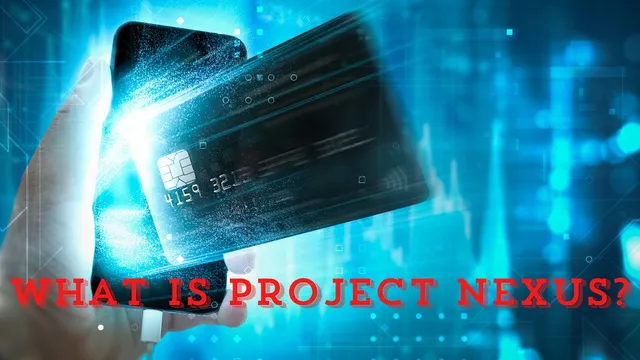- By Aditya Pratap Singh
- Tue, 02 Jul 2024 05:34 PM (IST)
- Source:JND
As a significant step toward revolutionizing international transactions, the Reserve Bank of India (RBI) has joined Project Nexus, a multilateral effort designed to allow for instant cross-border retail payments. The agreement, signed on June 30th in Basel, Switzerland, marks India's entrance into this transformative initiative alongside founding members Malaysia, the Philippines, Singapore, and Thailand.
What is Project Nexus?
Project Nexus is led by the Innovation Center of the Bank for International Settlements (BIS). The project's goal is to connect local instant payment systems (IPSs) throughout participating countries. In contrast to existing bilateral cooperation for cross-border payments, which is frequently sluggish, expensive, and cumbersome, Nexus provides a streamlined, multilateral approach. This implies that India will no longer have to establish individual agreements with multiple countries, and may instead participate in a single, unified framework with all Nexus participants.
Speed and Efficiency
One of Project Nexus' most outstanding features is its potential to significantly reduce transaction times. At the moment, domestic payments through fast payment systems (FPSs) are completed within seconds. By linking these systems internationally, cross-border payments might be processed in less than a minute, a sharp contrast to the hours or even days required by traditional banking methods. The continued operation of FPS systems, which operate 24 hours a day, 7 days a week, contributes to this efficiency, in contrast to traditional central bank payment systems that only operate during business hours.
Increasing Transparency
Traditional cross-border payments frequently suffer from a lack of transparency, with fees amassing at each stage of the payment chain, resulting in uncertainty about the final amount received. Project Nexus addresses this problem by allowing consumers to estimate fees in advance, providing both the sender and the recipient with clear visibility of the specific expenses involved. Additionally, Nexus provides real-time feedback on transaction success or failure, adding a layer of certainty and dependability.
Lower Costs
Cross-border transactions are notoriously expensive because of fees for currency conversion, message translation, and sanctions screening. Project Nexus aims to reduce these costs significantly. FPS participants typically incur minimal fees per transaction, and linking these systems can help to keep the overall cost basis for cross-border transactions low. This cost reduction makes it possible for banks to provide these services even in countries where they do not have a physical presence or direct partnerships.
Expanding Reach
Project Nexus' multilateral approach simplifies the process for banks to provide cross-border payment services to a wider range of countries. Traditionally, banks have had to establish and maintain correspondent accounts in each country in which they wanted to operate, a process that is both expensive and time-consuming. Nexus eliminates this requirement by providing a unified framework for connecting FPSs, thereby increasing the scope of instant payment services.
Benefits for Businesses
By facilitating faster, less expensive, and more reliable cross-border payments, Project Nexus is set to boost international trade. Businesses, particularly small and medium-sized enterprises (SMEs), will gain from lower transaction costs and quicker payment cycles, which will improve their cash flow and competitiveness in the global market.
Increased Reliability
Cross-border payments through conventional banking channels are prone to delays and failures at various stages, frequently leaving senders and recipients in the dark until issues are resolved. Project Nexus improves reliability by ensuring that payments are completed or failed within seconds, providing instant feedback, and decreasing the danger of lost or delayed transactions.

